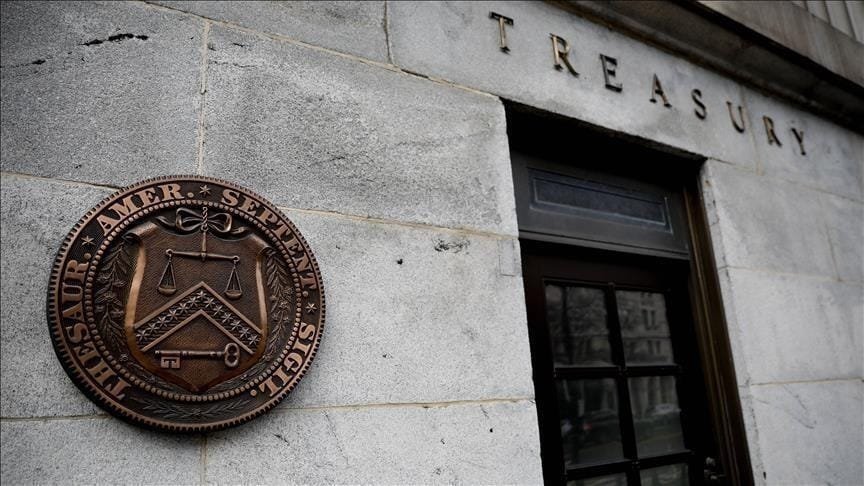Washington has imposed sweeping new sanctions on more than 50 individuals, companies and vessels accused of playing key roles in Iran’s oil and gas exports, marking a fresh escalation in U.S. efforts to choke off Tehran’s revenue streams. Among the targets are Chinese refineries, a China-based crude oil terminal, independent “teapot” refineries, and a flotilla of so-called “shadow fleet” tankers that reportedly conceal the origin of Iranian oil shipments.
The U.S. Treasury Department said the sanctioned entities had facilitated billions of dollars in petroleum and liquefied petroleum gas (LPG) exports, enabling Tehran to fund its nuclear, missile, and regional militant networks. Treasury Secretary Scott Bessent said the move “degrades Iran’s cash flow by dismantling key elements of Iran’s energy export machine.” The designations freeze U.S. assets of those entities and bar Americans from dealing with them; any controlled subsidiaries are also blocked.
Particular attention is being paid to China-based firms. The independently operated Shandong Jincheng Petrochemical Group was singled out for purchasing millions of barrels of Iranian crude, while Rizhao Shihua Crude Oil Terminal was charged with receiving shipments from the shadow fleet. These latest sanctions mark the fourth time since January that the U.S. has targeted Chinese refineries linked to Iranian oil trade.
Analysts see the action as part of the Trump administration’s “maximum pressure” doctrine toward Iran, seeking to drive its oil exports to zero and isolate the regime diplomatically and economically. The sanction wave also coincides with UN “snapback” measures reimposed on Iran over nuclear and ballistic missile concerns, further ratcheting up Tehran’s foreign pressure.
Tehran has denied that its nuclear program is for military purposes and often decries U.S. sanctions as illegitimate. Chinese and other foreign entities may face secondary pressure as U.S. enforcement reaches beyond direct targets to their networks and financial backers.
The effectiveness of the new sanctions will hinge on their enforcement and the ability of Iran and its partners to adapt. For now, Washington is signaling that it intends to use every tool available to disrupt Tehran’s oil lifelines and undercut the finances behind its regional influence.





